The ring crusher pulverises motors/transformers from waste electronics to separate copper, plastic, ferrous and aluminium.
Transformers are often incorporated into electronic devices to step up or down the voltage for the device’s operation, while motors can be found in devices like vacuum cleaners, lawnmowers, cameras, printers, and computer peripherals.
Small mixed WEEE is a POPs waste so any output containing plastic, cable or circuit board is also a POPs waste. Motors/transformers all have a small plastic content and the ring crusher is capable of separating that plastic into the copper smelter concentrate for POPs compliant destruction.
It is estimated that all the UK small mixed WEEE contains approx. 10,000 tonnes of motors/transformers per year. The SWEEEP Kuusakoski ring crusher has a 50,000 tonnes annual capacity and thus offers plenty of capacity to also recycle other WEEE components like LDA motors when the BASEL changes restrict exports.
Crusher
The ring crusher originated from its parent company Kuusakoski’s Philadelphia site in the USA. It was transported in 10 shipping containers, totalling a weight of 120 tonnes. Upon arrival, SWEEEP Kuusakoski’s engineering team rebuilt and refurbished the ring crusher within a span of 4 months.
After opening the facility, the recycling minister Robbie Moore said: “It’s essential that we improve our use of resources – ensuring that more valuable materials are reused and recycled in the UK.
“We’re taking action on this, and recently introduced new proposals to make it easier for the public to recycle old household electrical goods. But it’s crucial that we work closely with industry to make our recycling goals a reality, which is why it’s so encouraging to see this new facility open today. Copper is a vital resource and SWEEEP’s work will ensure that more of it stays in the UK to be reused, rather than sent abroad.”
Regulations
SWEEEP Kuusakoski’s highlighted that technology like its ring crusher is important in light of upcoming changes to the BASEL regulations on 1 January 2025 as the separation of copper from WEEE components could serve as a valuable domestic resource for the UK.
The change to the regulations will mean all shipments of WEEE components, hazardous or not, will require prior informed consent when the regulations come in (see letsrecycle.com story).
‘Recycled’
Justin Greenaway, commercial manager at SWEEEP Kuusakoski, added: “The SWEEEP Kuusakoski Ring Crusher is a strategically important infrastructure installation. It will liberate low carbon and resource efficient copper from a complicated POPs impacted waste.
“Copper is one of the most critical basic metals required for the electrification of the world. Demand for copper is estimated to rise by up to 50% between now and 2040. Producing copper from ore causes 10 times more carbon emissions compared to using recycled materials.”
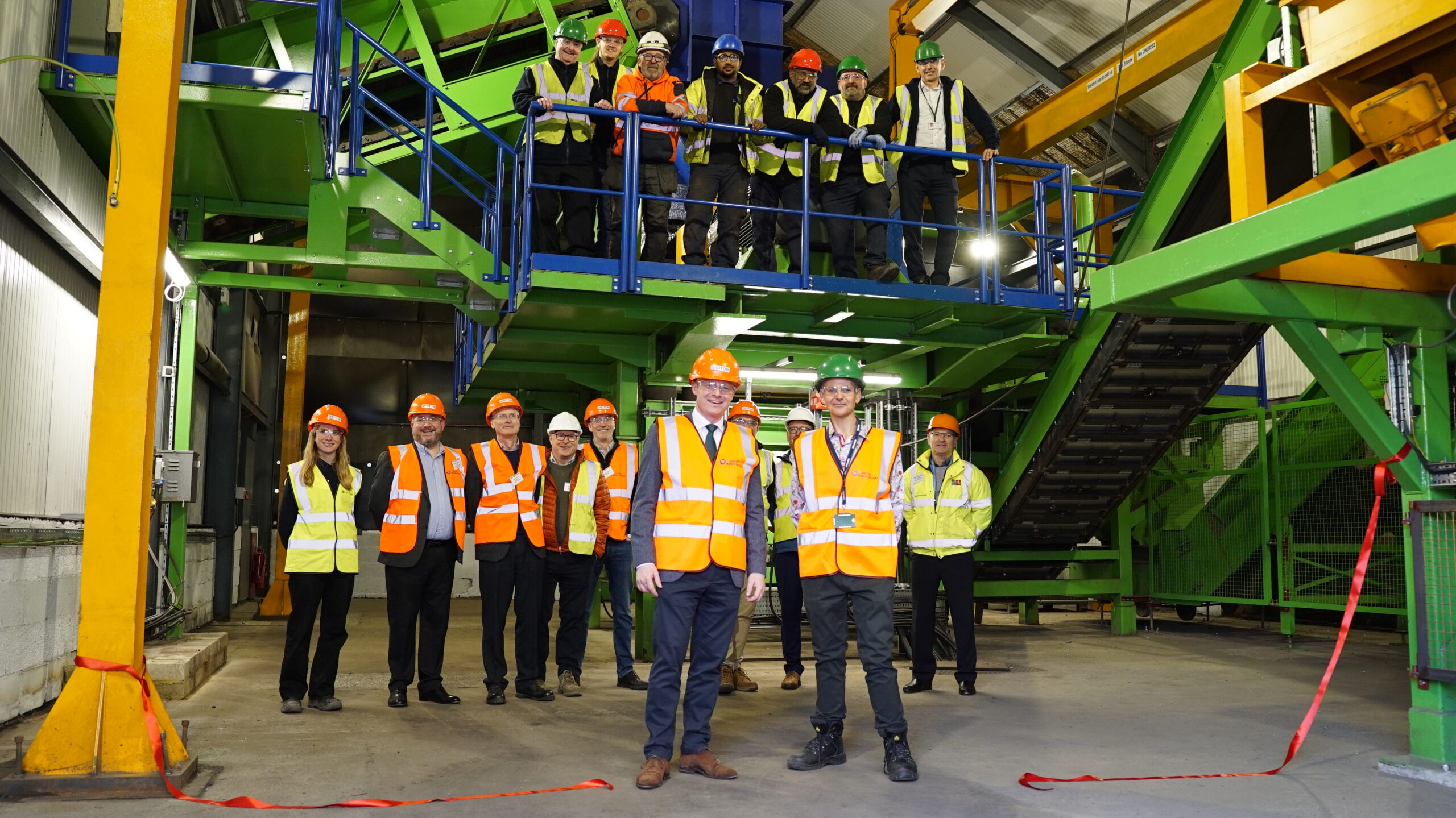
Treatment
At the event on Thursday there was also a string of leading industry figures.
This included Martyn Parfitt, operations manager at Electrolink Recycling, who noted: “It is great to see this level of investment in a different process for treating and processing WEEE within the UK. This initiative will prevent the need for export of valuable critical materials and ensure the necessary high levels of treatment standards.”
Infrastructure
Meanwhile Nigel Harvey, chief executive at the compliance scheme Recolight, said: “It is great to see SWEEEP making such an important and strategic investment into copper recovery. The availability of copper will become increasingly vital as the UK decarbonises energy supply systems and increases electricity distribution infrastructure.”
‘Delighted’
Graeme Milne, director at Repic concluded: “I’m delighted to work with Justin and the team at SWEEEP. They continue to invest in class leading recycling infrastructure which serves Repic and our members well.”
The latest trends in WEEE processing will be discussed at the WEEE Conference on 21 March. You can book your tickets here.





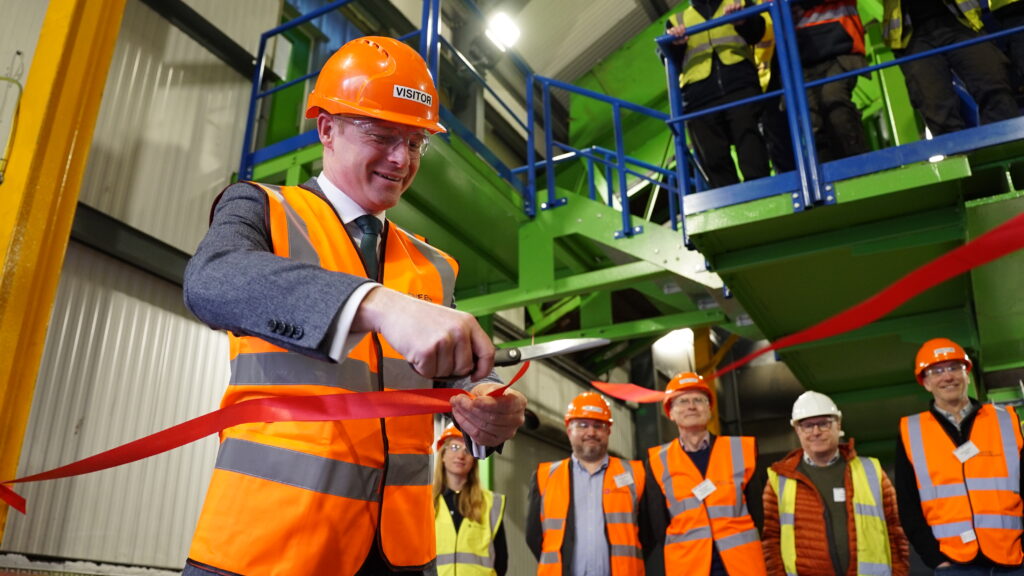
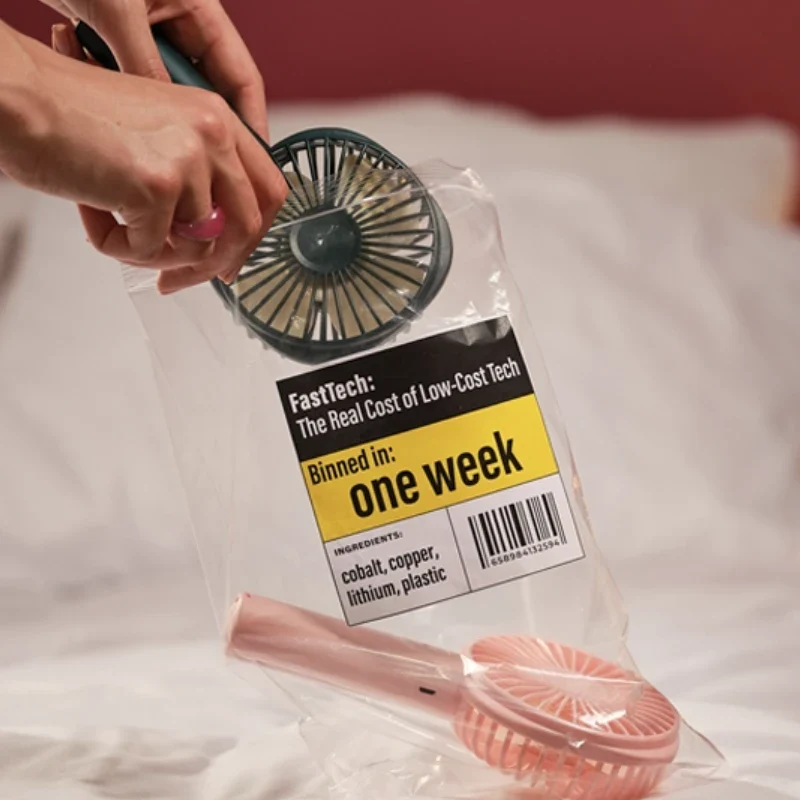
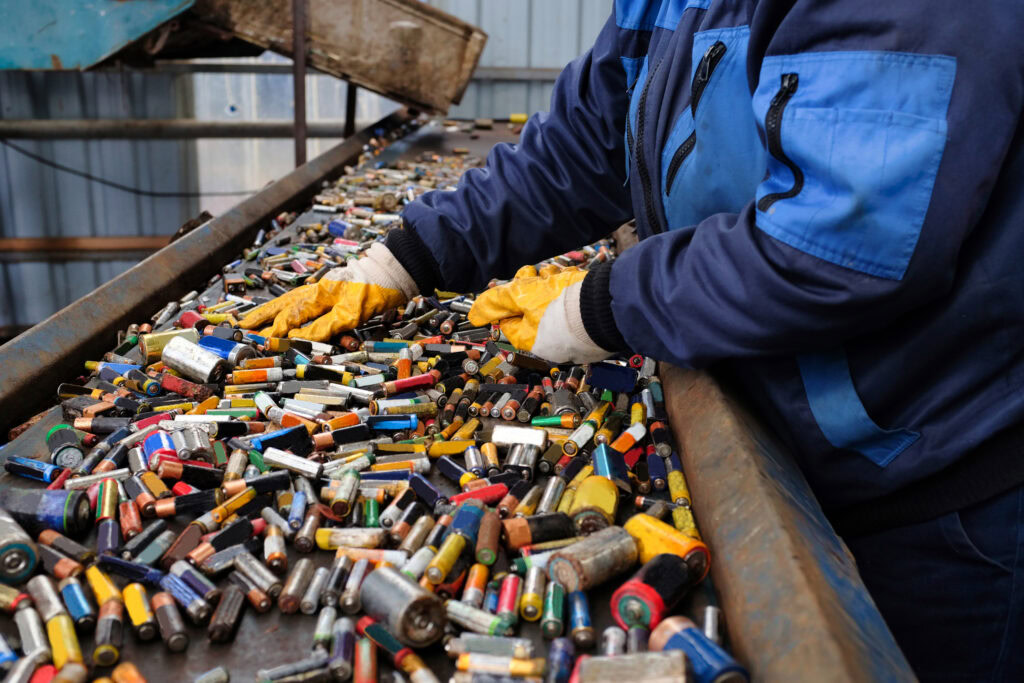
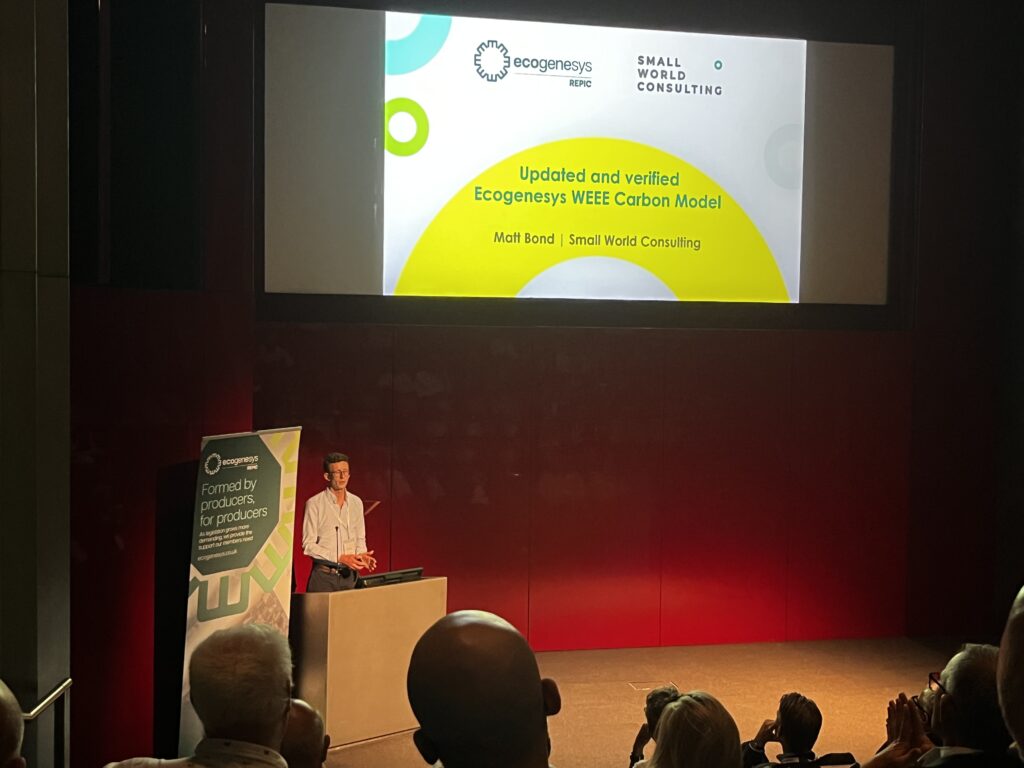

Subscribe for free